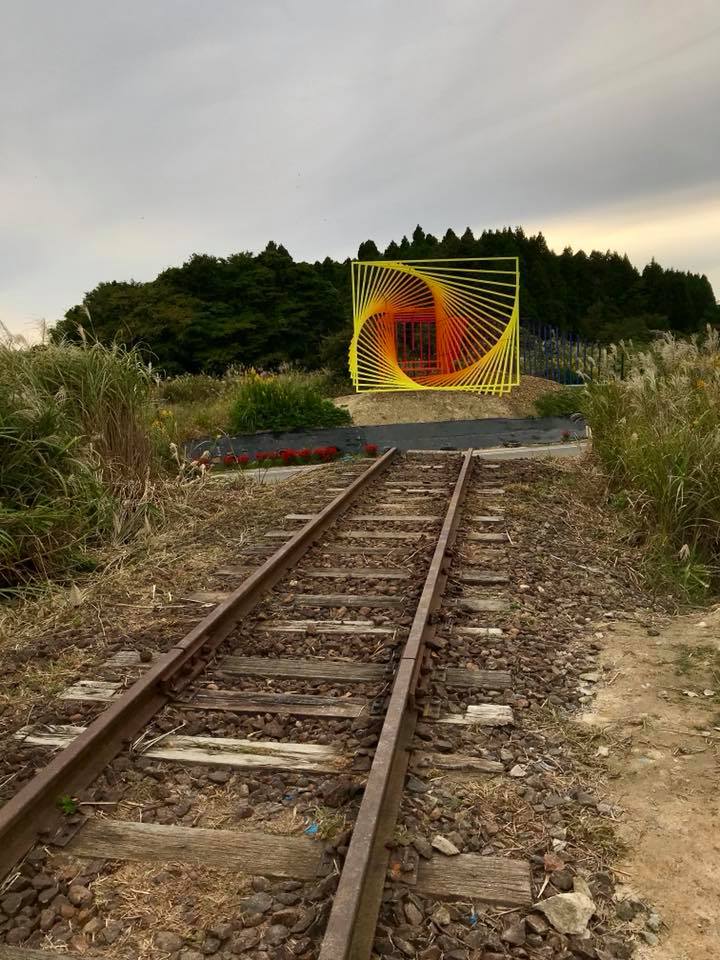The working group engages with the conference theme of social justice and rural spaces and places through an exploration of the role of contemporary arts in sustainable rural development that looks beyond narrower conceptions of culture economies to how the arts may contribute to, and have agency in, wider processes of rural restructuring and change.
The network will facilitate knowledge exchange on the role of contemporary arts in supporting rural sustainable development, drawing on the UN 2030 Agenda for Sustainable Development, paying particular focus on the nurturing and promotion of local culture, as well as networked and relational theories of rural development (Gkartzios and Lowe, 2019; van der Ploeg et al. 2000; Shortall, 2008).
Topic: What does art do in rural areas? Is there a comparative sociology on rural arts? In spite of a maturing of interest in the role of culture in rural development, there is scant research that looks, from a global comparative perspective, at the contribution of contemporary arts to rural sustainable development. More recently, research on rural creative expression has focused on wider community transformations beyond economic development (see Anwar McHenry et al., 2017; Crawshaw and Gkartzios, 2016). We are prompted by Gibson (2010: 8) who has argued that deeper and more nuanced studies of creativity may reveal ‘the communitarian purposes to which creativity can be put’ beyond a profit-maximising activity for economic growth. In this context the research has highlighted opportunities for creating a sense of belonging (Waitt and Gibson, 2013) and supporting social interaction critical for the wellbeing of rural communities (Anwar-McHenry, 2011). This is in line with the more holistic perspectives and understandings of sustainability as mentioned above. However, the global and comparative perspectives of contemporary arts as a rural development strategy are strikingly absent in the literature (despite the growth of art festivals and art initiatives in rural areas globally), which is characterised by case study research in very specific contexts.
Format: The proposed working group session will be in the format of a panel debate that introduces comparative perspectives. There will be a maximum of five participants who will speak for no more than ten minutes, followed by a general discussion. We will seek contributions from established and emerging researchers in the field as well as art practitioners covering various contexts (we have identified contributors for the session). The convenors will make contributions (Rowe on England and Scotland; Gkartzios on Japan). The discussion that follows will be chaired by convener Frances Rowe. Aside the intellectual debate, the objectives of the session are to establish a comparative international network of researchers and arts practitioners committed to developing the role and understanding of contemporary arts in rural sustainable development. This, ideally, will form a dynamic research and study group with the ESRS.
Abstracts
Working Group Session 5 Thur 14:00 – 15:30
- Frances Rowe – Contemporary arts practices in the rural: fresh perspectives or new wine in old bottles?
- Menelaos Gkartzios and James Lowther – A collaborative rural artist residency programme: from local to global
- Mike Woods – A Social Scientist in the Art World: Working with the Whitechapel Galley Rural and Contemporary Art Programme
- Esther Peeren – Representation of Art in the Rural: an emerging perspective for rural scholarship?
- Natalie Leung – Can art contribute to farm resilience? Evidence from the Echigo-Tsumari Art Triennale


